Parents and kids: How to work together in the food business
Professional family partnerships are not always the best idea, but Julia Platt Leonard finds businesses working across generations which have made the concept blossom
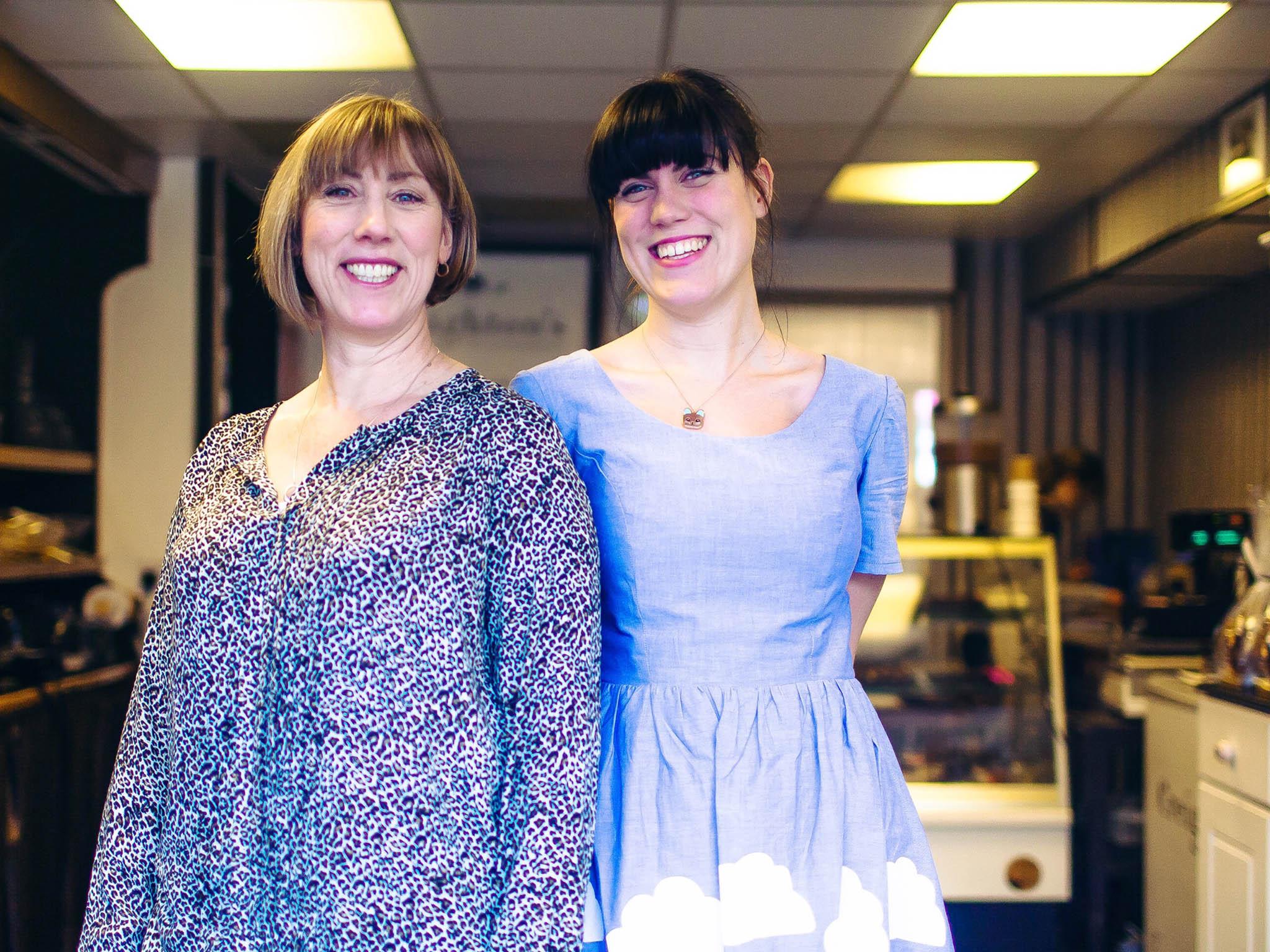
Your support helps us to tell the story
From reproductive rights to climate change to Big Tech, The Independent is on the ground when the story is developing. Whether it's investigating the financials of Elon Musk's pro-Trump PAC or producing our latest documentary, 'The A Word', which shines a light on the American women fighting for reproductive rights, we know how important it is to parse out the facts from the messaging.
At such a critical moment in US history, we need reporters on the ground. Your donation allows us to keep sending journalists to speak to both sides of the story.
The Independent is trusted by Americans across the entire political spectrum. And unlike many other quality news outlets, we choose not to lock Americans out of our reporting and analysis with paywalls. We believe quality journalism should be available to everyone, paid for by those who can afford it.
Your support makes all the difference.For some people it would be the job description from hell. But for some, working in the food business with family is a dream job. “I never thought I’d work with my mother,” admits 28-year old Lucy Elliott, who runs Creighton’s Chocolaterie with her Mum, Andrea Huntington. The two started the business, based in Leighton Buzzard, in 2011. They were both keen to change careers and “saw a gap in the market,” says Huntington.
“We did a lot of research, a lot of practising and six months later opened a shop,” she says. One reason for the speed was purely pragmatic. “As soon as we got the shop we had to start paying rent so we had it opened and stocked in three weeks.”
Now they’re running a thriving shop, mail order business plus they have plum wholesale accounts such as Harrods and Liberty who gobble up their handmade and hand-wrapped treats.
But Huntington admits running a food business isn’t easy. “It’s very hard work with long days and long weeks.” Food businesses face notoriously tight margins and opening their doors during the recession was an added challenge.
Initially they both worked in the kitchen while Lucy, who studied graphic design, handled the branding. Now with a young child and the business growing, Lucy can focus more on branding, wholesale clients and the bespoke business.
Advice for would be mums and daughters tempted to start up a dream food business? “Listen to the other person’s side, even when you don’t want to,” says Elliott. Her Mum’s answer? “I think it probably worked quite well because I basically just did what I was told,” she laughs.
She adds, “You’ve got to get on. You’ve got to know when to step back and let the other person get on with it. I think you’ve got to listen to each other as well and not tread on each other’s toes.”
It’s advice that Alison Smith, who runs Nip from the Hip with her mum Joy Wilding, echoes. “You’ve got to have a really good relationship and know each other inside out.” Smith and her mum craft gin & vodka-based liqueurs made with fruit, much of which they source from Kent, where the business is based.
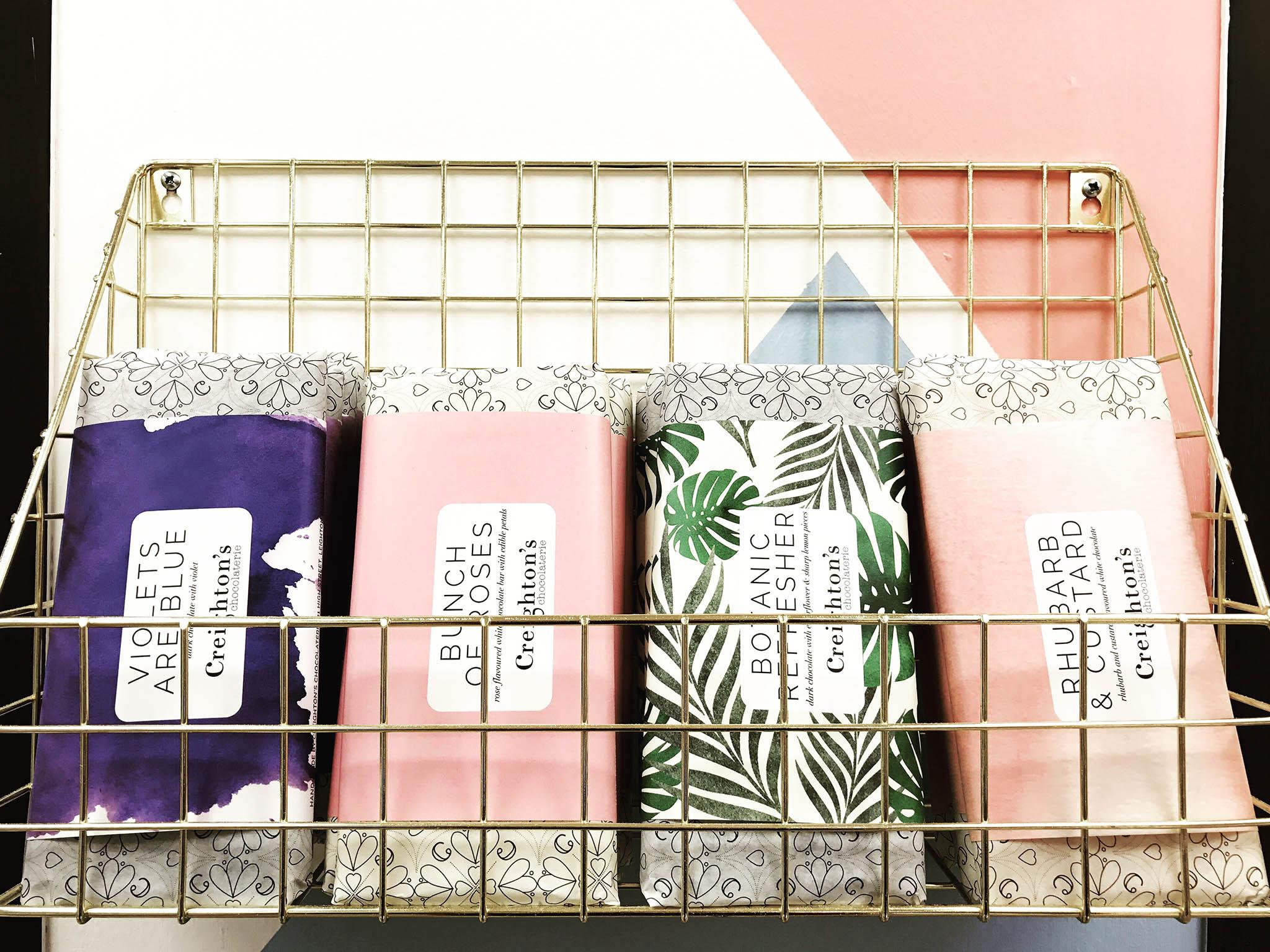
“I was born and brought up on a farm in Kent and we always made juice out of anything that was available,” Wilding says. When Alison got married in 2011, they had the idea to hand out hip flasks filled with fruit liqueurs so bride and groom and guests could have a ‘nip from the hip’ to calm nerves.
“Everybody absolutely loved them and wanted to know where we bought the drink and we told them mum had made them. It kind of went from there. We thought if they liked them then maybe other people would too,” says Smith. At the time, her mum was working part-time and Smith had just had a daughter and was finding it hard to work full-time as a nurse. “We thought we’d see if we could do something to fit around both our lives.”
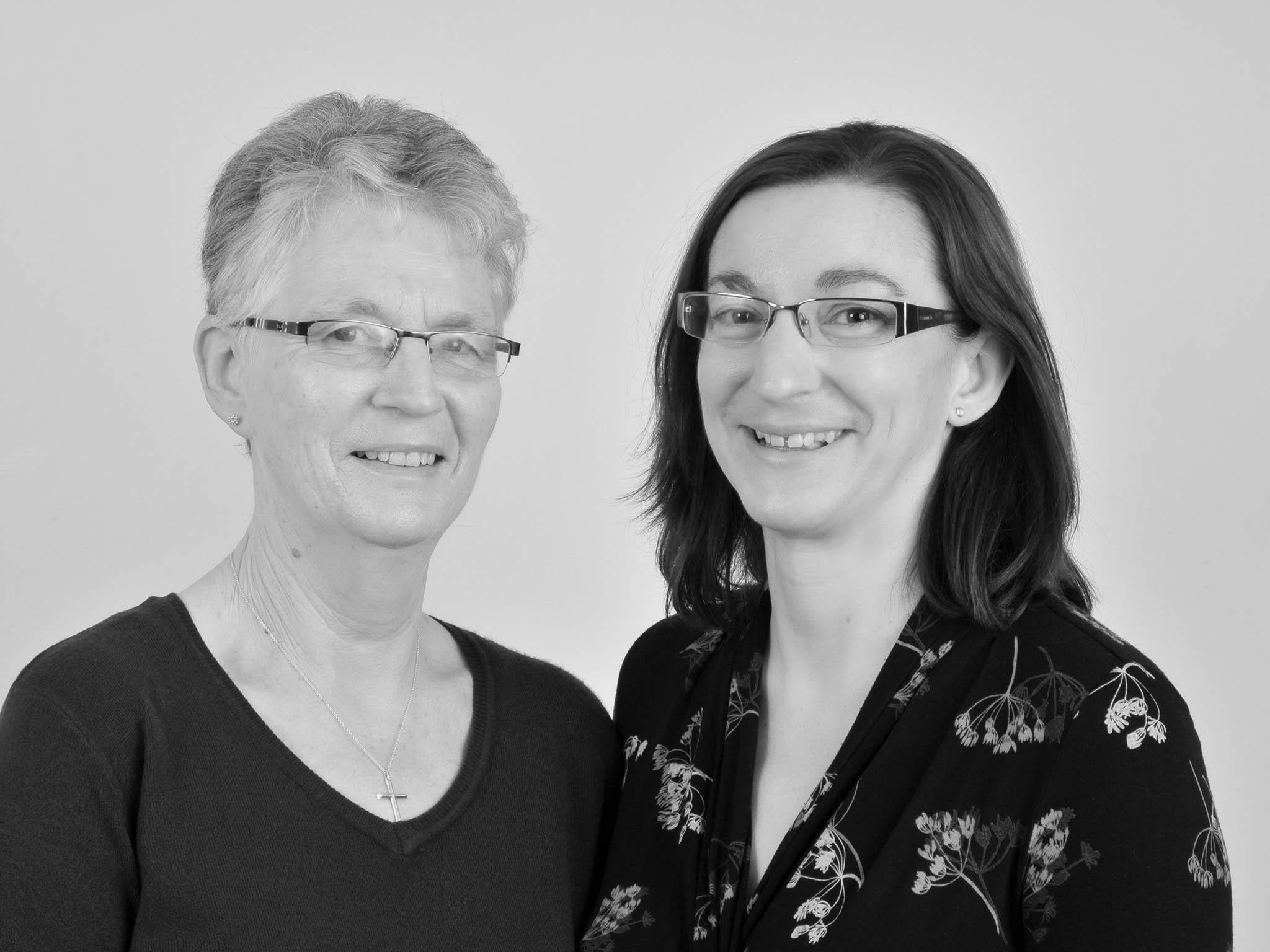
Now they craft around 14 different liqueurs that are all hand-filtered and bottled plus special seasonal favourites like a pink gooseberry gin and rhubarb vodka. The business is doing so well that one of Wilding’s sons came on board to help. Running a family business isn’t without its stresses. “There’s a lot riding on it,” says Smith. “My brother’s got his family to provide for. You want it to be a success for him and for me and for my mum.”
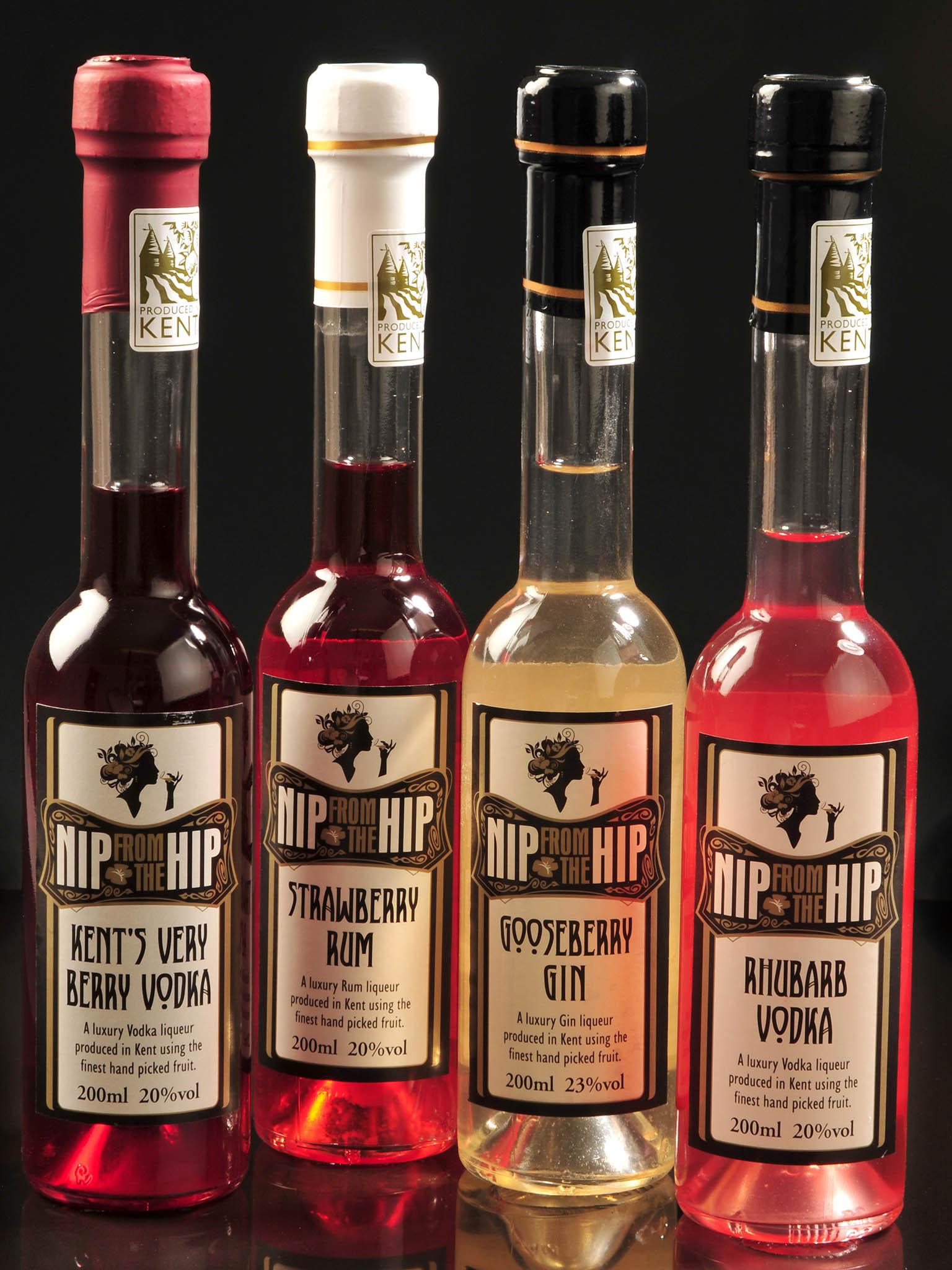
Wilding says it wasn’t a decision she took lightly. “It took a bit of persuasion to be honest because I thought I’m too old to run any sort of business. But one of the greatest pleasures of running a business is that I work with my daughter and one of my sons. Nothing can be nicer than actually working with your own children.”
Working as a family is something the Mack family has known since they started Yare Valley farm in 1913. Today Tim and his son William run the mainly arable farm on the Norfolk Broads and produce their own cold-pressed rapeseed oil. They’re all too well aware of the pressures facing family farms and that the future of Yare Valley rests with them.
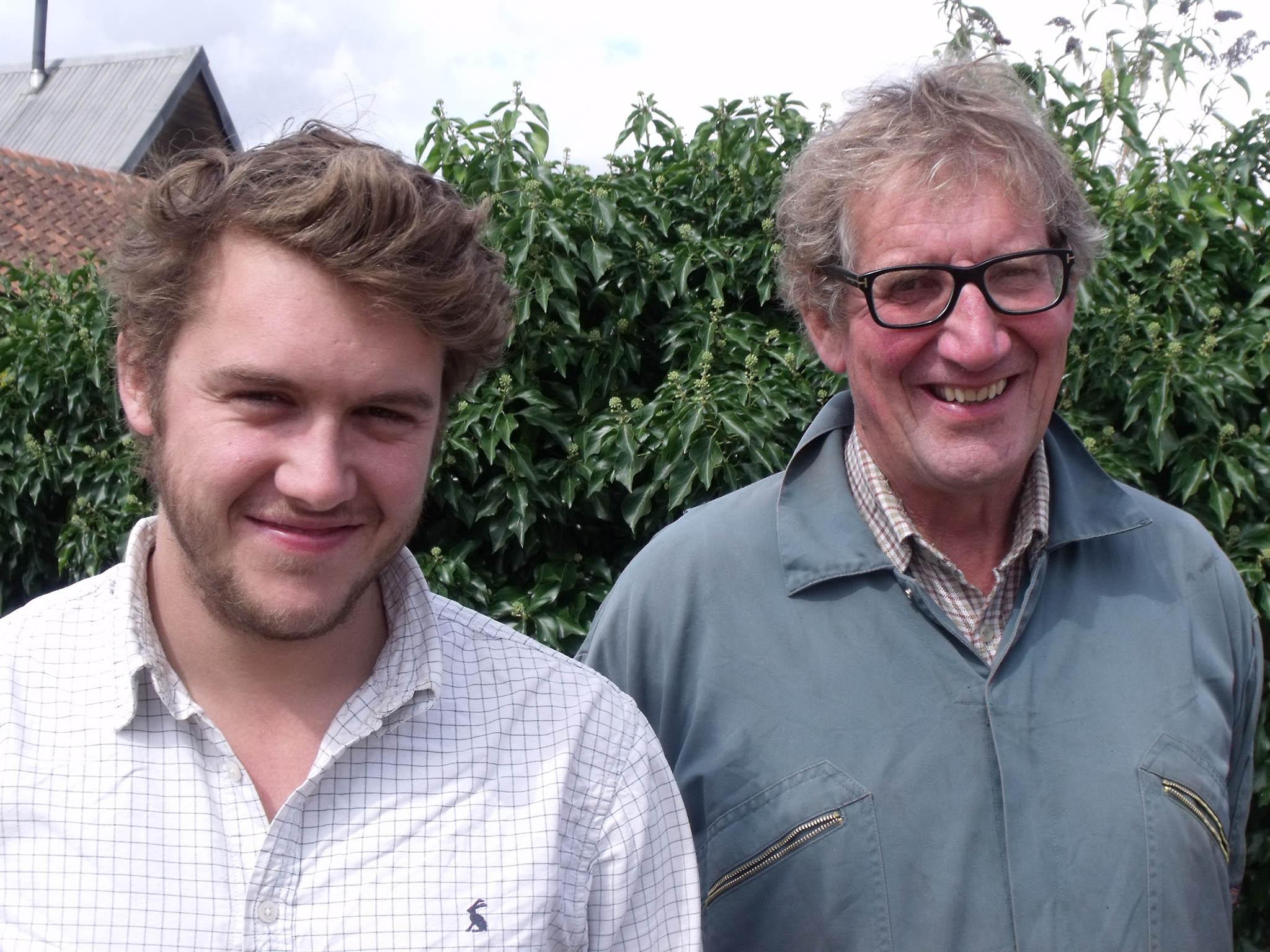
“The trouble is that the land is so valuable now that for anyone to actually get into farming from scratch is virtually impossible because the capital involved is mind blowing,” says Tim. “So that’s quite a responsibility because once it’s gone, it’s gone.” Yare Valley has survived – and thrived – by changing and looking for new opportunities.
Tim took over the farm when he was 22 and his father was 74. “Like all young people, you make mistakes but you learn by them, don’t you?” he says. Tim credits his father with handing over the reins and allowing him to make his own mark. “He was extremely good. We talked a lot but he never stood in my way in anything. There wasn’t a huge amount of money around but he was very supportive of everything I did.”
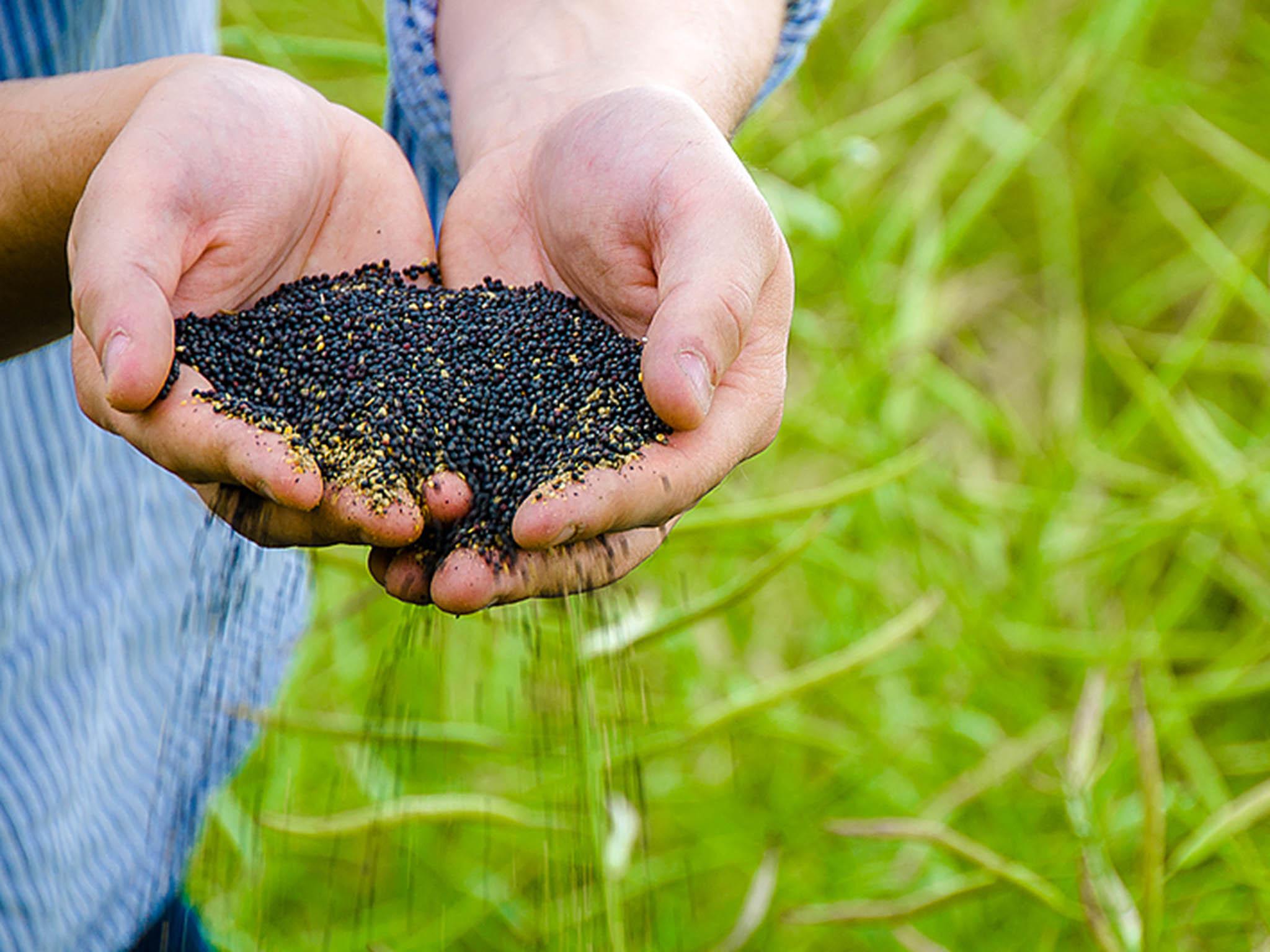
It’s an approach that Tim seems to be passing on to his son. William has a passion for cattle and has now re-introduced them into the farm mix. Like his dad, he says he was never pressured to work on the family farm. “I’ve been very keen to learn and dad is very forward thinking,” he says. “A lot of farmers are stuck in the past with their ideas but dad is always very eager to try out new things.”
One of the cornerstones of the business is rapeseed oil. They’d been growing rape for a while but decided around seven years ago to process and bottle the oil themselves for greater control over the end product and sales channel.
Now they sell their oil online, to retailers and in their own farm shop. It’s the kind of diversification that has been a key to their survival and success.
As for future generations of Mack farmers, Williams says, “There’s plenty for the next generation to get their teeth into. We’re very fortunate that we’ve got a lot of things we can do in regards to our land. The possibilities of what we can do are endless.”
Back at Creighton’s, the Valentine’s rush is in full swing with the Easter chocolate juggernaut right behind it. Knowing what she knows, would Elliott like her daughter to join the family business one day and keep it running for future generations? “It’s too early to tell what she’ll want to do but she’s definitely got a sweet tooth.”
Join our commenting forum
Join thought-provoking conversations, follow other Independent readers and see their replies
Comments